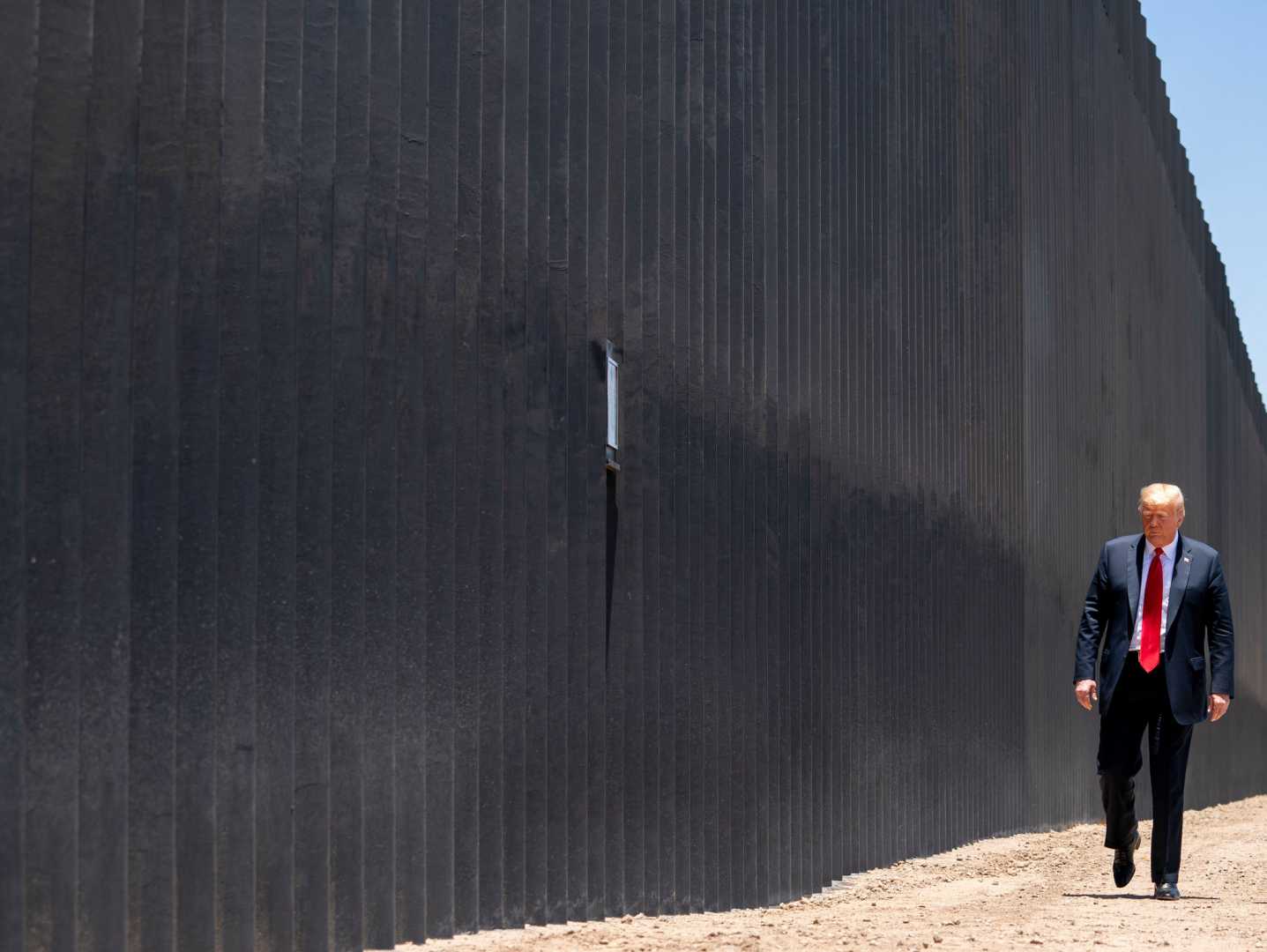Politics
Over 30 Groups Urge Congress to Block Trump’s Military Plan Against Drug Cartels

Washington, D.C. — More than 30 humanitarian, immigrant rights, veteran advocacy, and public interest groups are calling on Congress to reject the Trump administration’s plan to use military force against drug cartels in Latin America. The coalition argues that combining the failed wars on drugs and terror could increase violence and strain regional relations.
The groups, including Alianza Americas, Drug Policy Alliance, and Win Without War, sent a letter to congressional leaders on Friday, urging them to use their powers to prevent what they describe as a reckless military escalation without public debate. They are pushing for congressional hearings to explore the administration’s policy and its potential impacts.
This push follows President Donald Trump‘s reported secret directive to the Pentagon to consider military action against select Latin American drug cartels, which his administration has labeled as terrorist organizations, according to a U.S. official. Trump’s approach signals a shift from law enforcement measures towards military engagement in drug enforcement efforts.
In January, the State Department recognized eight Mexican drug cartels—among them the Sinaloa cartel and CJNG—as terrorist groups. This designation allows for U.S. sanctions that restrict financial transactions and prohibit support from U.S. citizens. The urgency of the matter intensified when Trump hinted at sending U.S. commandos into Mexico to combat drug cartels.
The coalition emphasized the negative consequences of military interventions. “Militarized approaches to countering narcotics trafficking have often backfired,” they stated. They highlighted that such methods could expand criminal activities and lead to human rights abuses in Latin America.
Recently, Mexico’s President firmly rejected the idea of allowing U.S. troops on Mexican soil but cooperated by extraditing 26 alleged cartel members to the U.S. Attorney General Pam Bondi welcomed this collaboration, asserting that those extradited would face serious legal consequences for their actions.
The war on drugs has been described as an ongoing failure by numerous reports. With the U.S. spending over $1 trillion on drug-related enforcement with little success, experts argue that military strikes will not solve domestic drug issues, which they believe should be addressed through public health initiatives.
“Overseas military strikes certainly won’t solve drug overdose deaths in the U.S.,” said Stephanie Brewer from the Washington Office on Latin America. She expressed concern that such military actions would exacerbate violence and create forced migration.
More than 10,000 National Guard and active-duty troops are currently deployed along the U.S.-Mexico border, part of Trump’s efforts to deter both drug trafficking and immigration. Critics describe this military presence as a troubling overreach of military authority.
“Launching military action in Latin America without congressional authorization would be illegal, reckless, and a betrayal of our democratic process,” Sara Haghdoosti, executive director of Win Without War, warned. She noted that the administration is sacrificing essential public health programs in favor of military action.












